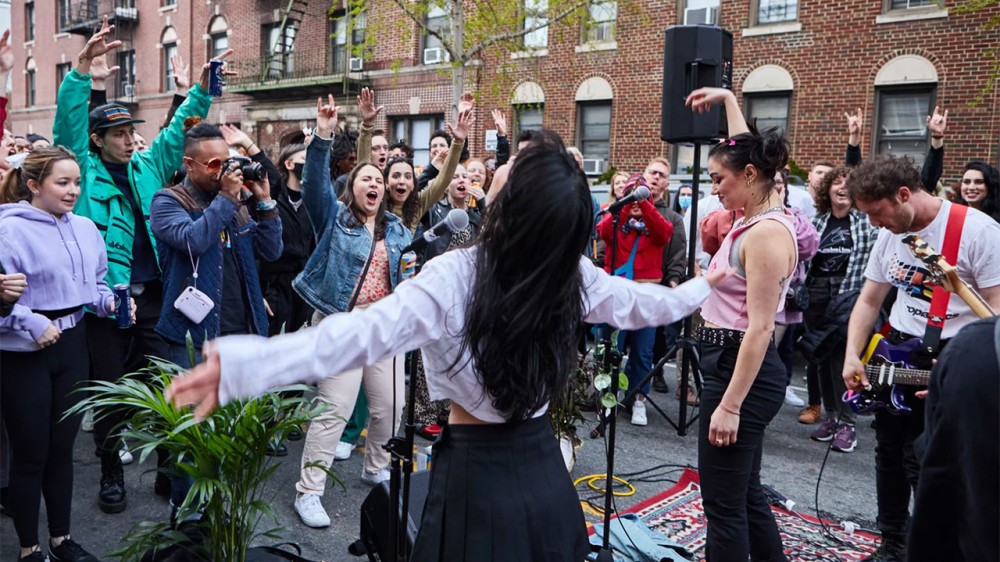The New York City Health Department will launch its first aerial mosquito control operation of the 2025 season next week, targeting marshes and wetlands in Queens and other outer boroughs to reduce the risk of West Nile virus.
A low-flying helicopter will apply larvicide to nonresidential mosquito breeding grounds in Queens, the Bronx, Brooklyn and Staten Island from Monday, June 2 through Wednesday, June 4, between 6 a.m. and 7 p.m., weather permitting. If poor weather conditions delay the operation, it will be rescheduled for June 5, 6, and 9.
In Northern Queens, the treatment will focus on marshy and wetland areas known for producing high mosquito activity during the warmer months, particularly around zip codes 11356, 11362, 11692 and 11365. The city will use VectoBac® GS — a U.S. Environmental Protection Agency-approved larvicide that contains naturally occurring bacteria — to kill mosquito larvae before they can mature into adults.

“As summer approaches, many of us will be swarmed by mosquitoes as we spend more time outdoors,” said Acting Health Commissioner Dr. Michelle Morse. “While most mosquitoes across the city do not carry disease, it is still essential to keep New Yorkers safe from any mosquito-borne illnesses.”
The Health Department monitors mosquito populations citywide and conducts regular larviciding throughout mosquito season, which generally runs from April through October. Although no human cases of West Nile virus have been reported in 2025, health officials say proactive control is key to reducing risk.
Queens, with its mix of residential areas and natural habitats like Alley Pond Park in Oakland Gardens, is often included in aerial larviciding efforts due to the presence of wetlands that can harbor standing water, a prime breeding ground for mosquitoes.
The city urges residents to do their part by eliminating standing water on their property, repairing torn window screens and using insect repellent containing DEET, picaridin, oil of lemon eucalyptus (for those over age three), or IR3535. Wearing lightweight, long-sleeved clothing can also help limit bites, especially in areas near wetlands.
Residents can report standing water by calling 311 or visiting nyc.gov/health/wnv, where more information about mosquito-borne illnesses and prevention is available.



































